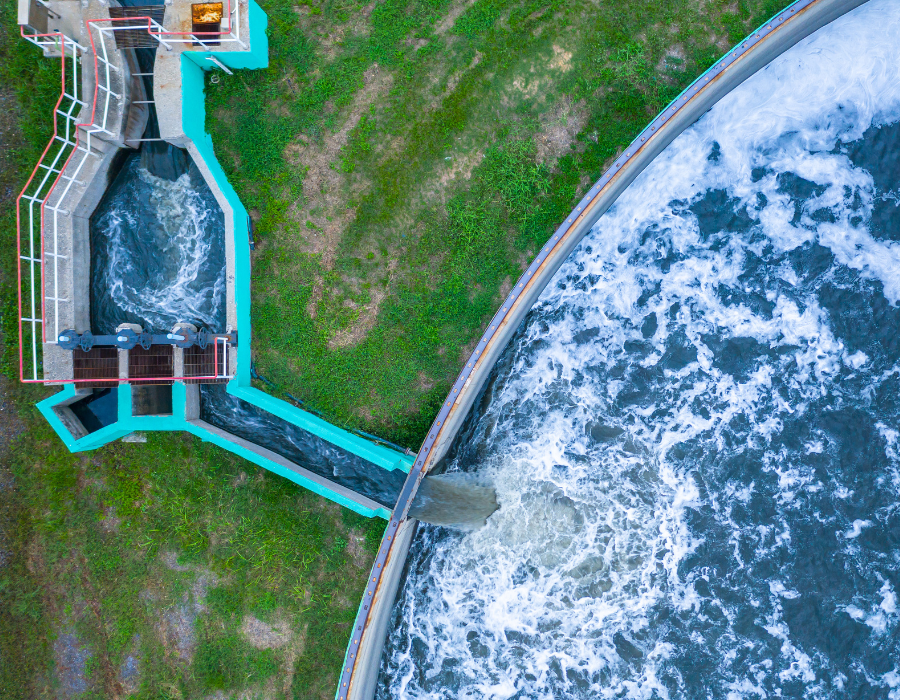
Title: Navigating the Death Spiral: The Hazards of Circumventing Municipal
Share
Access to clean and safe drinking water is a fundamental human right, and many municipalities around the world provide this essential service to their residents. However, there's a concerning trend on the rise: the circumvention of municipal water services in favor of alternative water sources. In this blog post, we'll explore the concept of the "death spiral" of avoiding municipal water services and shed light on the potential risks and repercussions it poses.
The Death Spiral Defined
The term "death spiral" is often used in economics to describe a situation in which a self-reinforcing cycle leads to a continuous decline. In the context of water services, it refers to the decline in revenue and quality of municipal water systems as more consumers opt for alternative sources, such as private wells, bottled water, or untreated water sources.
The Appeal of Circumvention
There are various reasons why some individuals and communities choose to bypass municipal water services:
-
Cost Considerations: Some people believe that alternative water sources are cheaper than paying water utility bills.
-
Perceived Quality: There's a misconception that alternative water sources are of better quality than municipal water due to concerns about additives like chlorine.
-
Independence: Private wells and untreated sources offer a sense of self-sufficiency, allowing users to have control over their water supply.
Unveiling the Risks
While circumventing municipal water services might seem appealing, it comes with a host of risks and challenges:
-
Health Concerns: Unregulated water sources may contain harmful contaminants like bacteria, heavy metals, and chemicals, posing serious health risks to consumers.
-
Lack of Oversight: Municipal water systems are subject to regular testing and regulations to ensure water quality. Private sources lack this oversight, increasing the likelihood of contamination going undetected.
-
Resource Depletion: Overdrawing water from private wells can lead to groundwater depletion, affecting both the local ecosystem and neighboring wells.
-
Environmental Impact: Bottled water consumption contributes to plastic waste, which is harmful to the environment. Additionally, relying on untreated sources can harm aquatic ecosystems when pollutants seep into water bodies.
-
Economic Consequences: The death spiral can weaken municipal water infrastructure, leading to deteriorating service quality and higher costs for those who continue to rely on it.
Breaking the Spiral
To avoid the death spiral and its potential consequences, it's important to consider sustainable alternatives:
-
Supporting Municipal Services: Investing in municipal water infrastructure supports a reliable and regulated water supply for everyone.
-
Water Conservation: By using water efficiently and reducing waste, we can help alleviate stress on both municipal and natural water sources.
-
Water Treatment: If concerned about water quality, consider using point-of-use water treatment systems that comply with safety standards.
-
Education: Promote awareness about the risks of untreated water sources and the importance of clean water for health and the environment.
Circumventing municipal water services might seem like a short-term solution, but it can lead to long-term consequences for public health, the environment, and local economies. Instead of perpetuating the death spiral, let's work together to strengthen and support our municipal water systems. Access to clean and safe water is a collective responsibility that ensures the well-being of current and future generations.